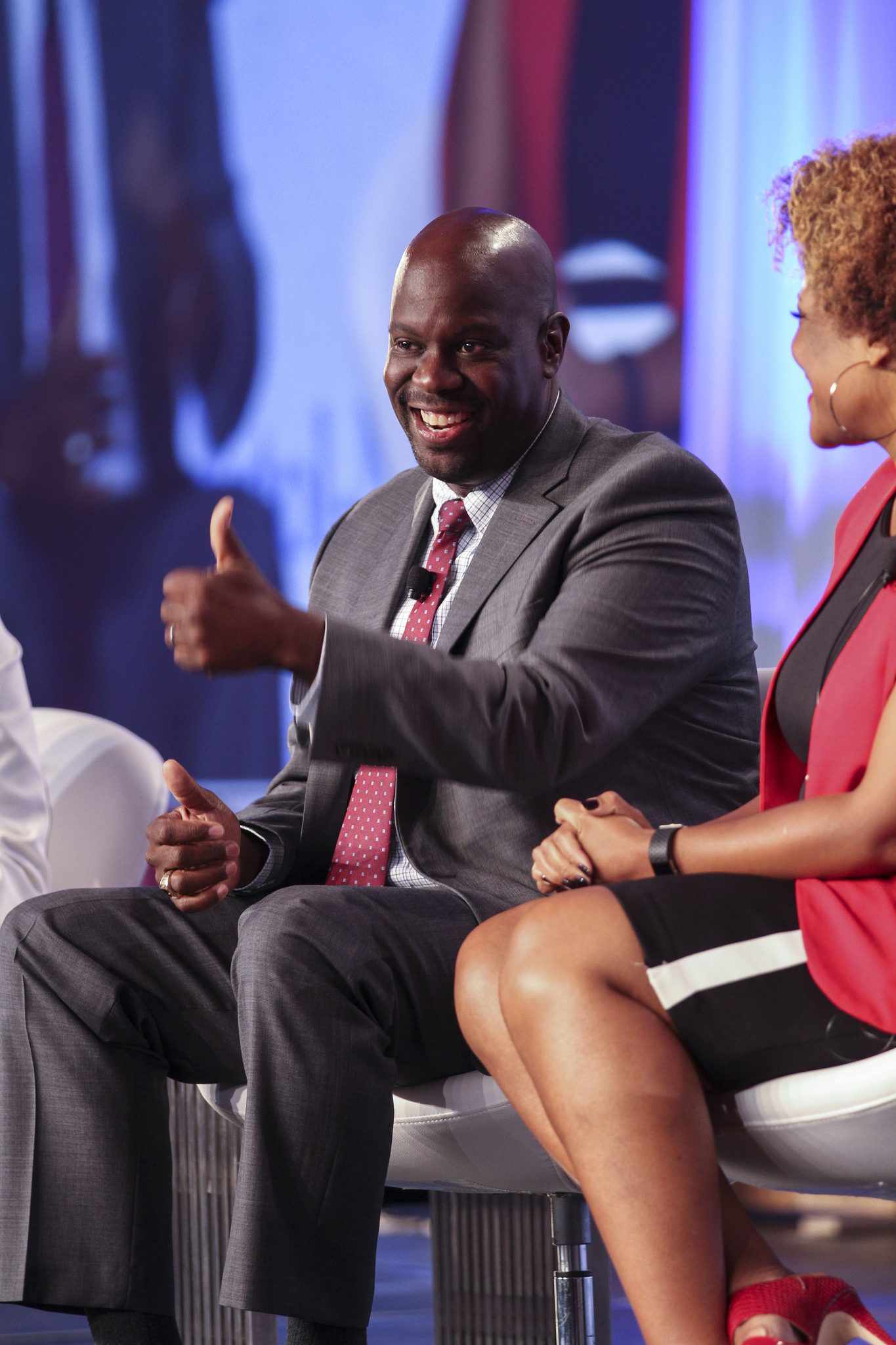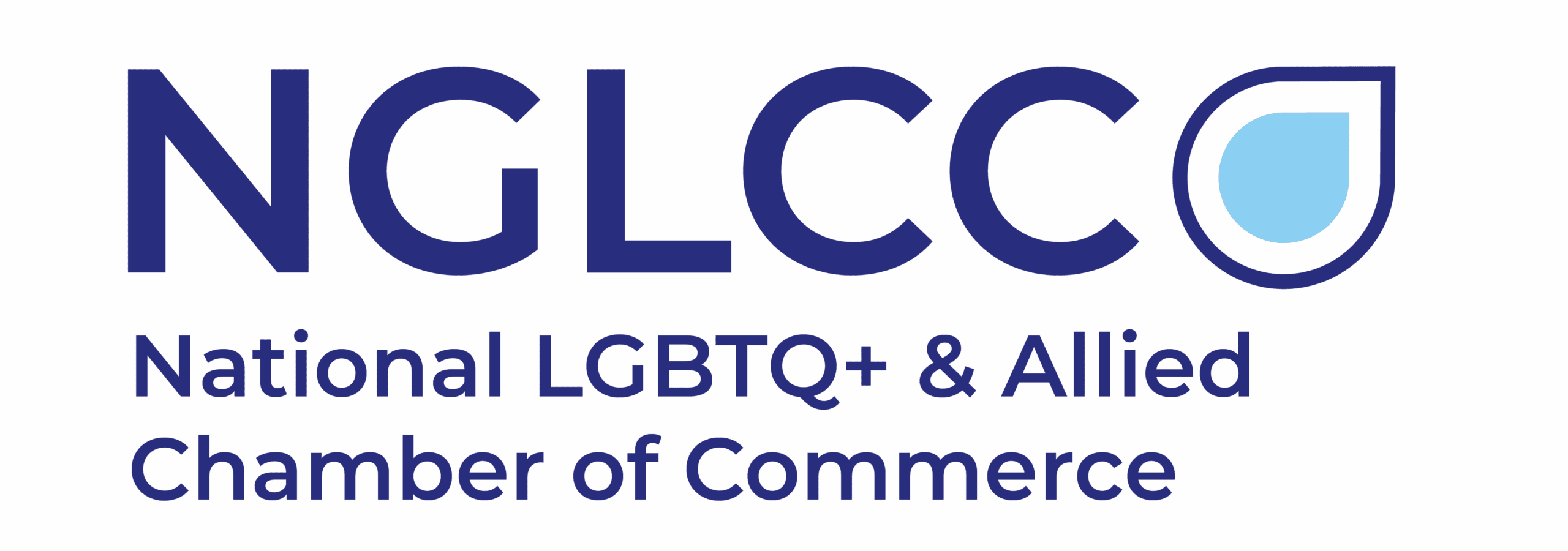 As we continue this celebration of Black History Month, I’ve thought about my journey through life as someone with a foot in each of two camps. I’ve been African-American since I was born and gay for as long as I can remember. And oftentimes, those competing components of who I am have seemed to be in conflict with one another. And there remains a certain disconnect between these two marginalized communities that manifests itself in some interesting ways. I often catch myself contemplating the divide. I won’t pretend to have any of the answers and the only qualification I have is that I occupy this space at the intersection of the two. So, it’s from that perspective that I sit here and write this.
As we continue this celebration of Black History Month, I’ve thought about my journey through life as someone with a foot in each of two camps. I’ve been African-American since I was born and gay for as long as I can remember. And oftentimes, those competing components of who I am have seemed to be in conflict with one another. And there remains a certain disconnect between these two marginalized communities that manifests itself in some interesting ways. I often catch myself contemplating the divide. I won’t pretend to have any of the answers and the only qualification I have is that I occupy this space at the intersection of the two. So, it’s from that perspective that I sit here and write this.
I spent my formative years in Arkansas, where I was made well aware of ethnicity. It was the defining characteristic that determined what camp you belonged in. It served as the tie that bound you to those around you – those who were like you. It provided a sense of comfort and belonging. But I had an added component of who I was, and that made me a bit different from others in my camp.
Being an ethnic minority also made me different from those in this other camp. In this camp, there were few who looked like me. Few who could connect to those aspects of my experience that only another African-American could. Being a Black man in America is a singular experience.
And both camps have found themselves not fully participating in the collective opportunities that the nation affords, whether it’s discrimination in form of inequitable treatment or out and out hostility based on fear. It’s important for these two (and other) communities to understand that there is more similarity to their drives for full inclusion. There is an interesting perspective that one gains from seeing the impact further sub-division. The voice of the increasingly smaller sub-segments diminishes their power in impact. And, the talents of the full community are not engaged in the effort. Therefore, the level of success is more limited. Connecting the collective voices and talents for the good of all significantly increases the potential for success.
That’s where moves by organizations like the NGLCC are having an impact. Creating spaces where intersectionality is being talked about in an open and honest fashion. And where the opportunity to strengthen bridges across communities is being taken advantage of. I participated in one such an event as part of a panel on LGBTUnity at the 2018 NGLCC National Conference in Philadelphia. It brought together different community perspectives with one overriding goal – to spotlight the linkages that exist between the LGBTQ+ community and others. I appreciated being given the chance to tell my story, from my perspective and to help others understand the effect that having a foot in different camps can have on someone’s journey.
Black History Month is a celebration of the contributions that African-Americans have made to who and what we are as a country and the diversity of who we are as a community. Diversity is a strength in all its incarnations.
# # #
Clint Grimes is the executive director of procurement and supplier diversity for WarnerMedia. In that role, he is responsible for the development and execution of cross-divisional procurement strategies across Time Warner’s three major divisions (HBO, Turner Broadcasting and Warner Bros.). In addition, he drives Time Warner’s overall supplier diversity strategy, coordinating the activities of a group of supplier diversity professionals within each division and managing collection and communication of performance metrics across the enterprise.
Clint joined Time Warner from Ahold USA, the U.S. arm of the $70 billion Dutch-owned global grocery conglomerate. As the director of sourcing services, he led a group of sourcing professionals in addressing the needs of the individual operating companies, including sourcing process management, tools selections and deployment, and savings measurement and tracking.
